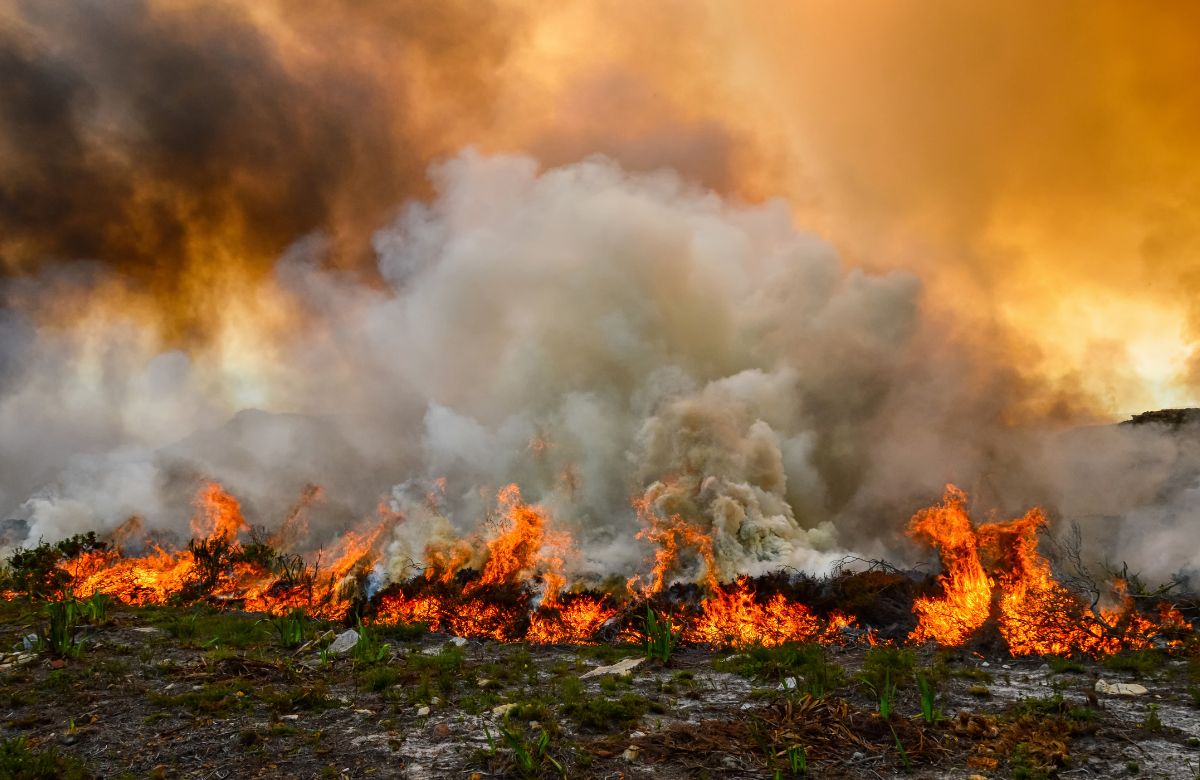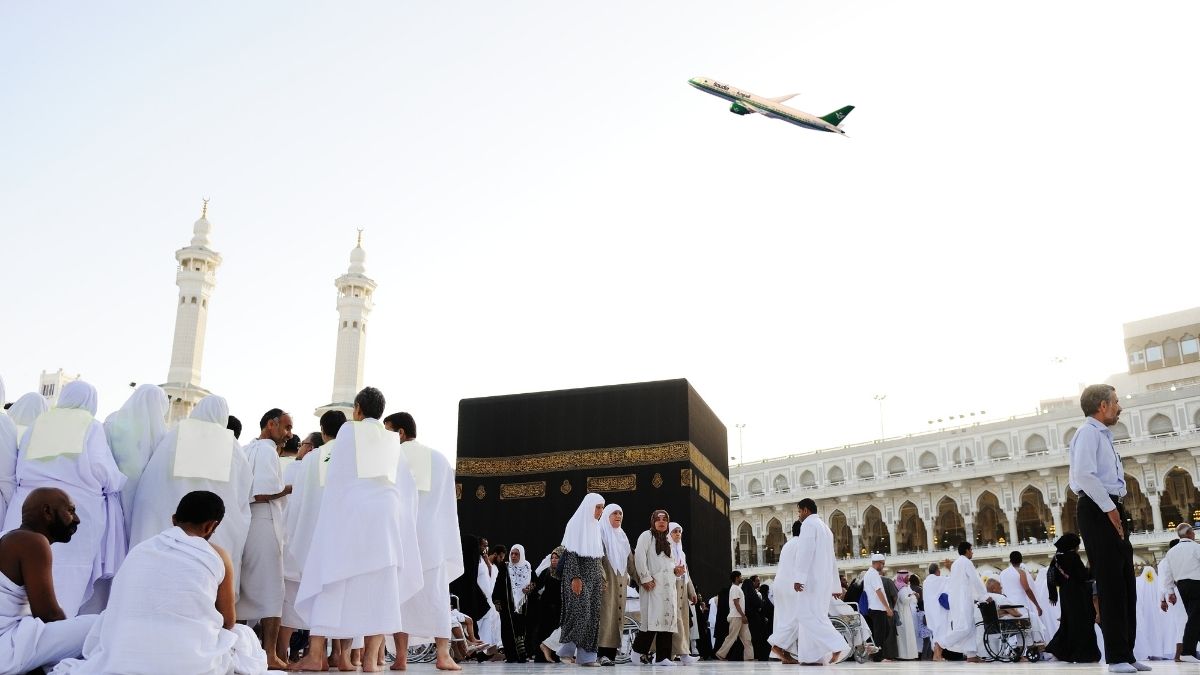Nature’s fury can take many forms, and one of the most destructive manifestations is wildfire. The impacts of wildfires are far-reaching and multifaceted. Firefighters battle blazing wildfires that have set homes on fire in Canada’s British Columbia. A state of emergency has been declared for the entire region.
British Columbia Under State Of Emergency
The Head Fire in Siskiyou County, California is now part of the Happy Camp Complex and estimated at 6,300 acres. #cafire #norcal #cali #wildfire #happycamp
One fatality has been confirmed by the sheriffs office. A 71 year old man was found unresponsive in his driveway near… pic.twitter.com/iGPQFazUk2— The Hotshot Wake Up (@HotshotWake) August 19, 2023
The Canadian government of British Columbia declared a state of emergency to address the natural disaster as the largest wildfires in history raged on. As large cities like Kelowna come under the threat of the sweeping wildfires, at least 15,000 people will be subject to an order to evacuate. No deaths have been reported so far.
According to an article by BBC, more than 2,400 residences were evacuated. Significant numbers of buildings in West Kelowna caught fire. Following the declaration of an emergency in the North West Territories, or NWT, where the entire population of Yellowknife is being evacuated and citizens are running for the neighbouring province of Alberta.
With Bill Blair, Canada’s Minister of National Defence, declaring that the air force is conducting evacuation flights out of Yellowknife, the Canadian Armed Forces have already joined the rescue effort. The entire city is evacuated as the nearby fires pose a threat.
Also Read: Greece: Rhodes Island Is Witnessing Its Biggest Wildfire Leading To The Country’s Largest Evacuation
How Did The Wildfires In Canada Begin?
#SmithRiverComplex updated to 20,554 acres. https://t.co/jXlMT9ENl9
— firevalleyphoto (@firevalleyphoto) August 19, 2023
The Canadian Interagency Forest Fire Centre (CIFFC) reports that Canada is experiencing its worst wildfire season. On record, there are at least 1,000 flames raging across the nation.
According to experts, the hot, dry weather that is likely to start wildfires is more likely as a result of climate change. Strong winds and prolonged, extreme heat can cause the ground to lose more and more moisture. This can serve as fuel for flames that can spread quickly. Additionally, all aircraft outside of aerial firefighting are no longer permitted to fly in the airspace near Kelowna International Airport.
A combination of factors leads to wildfires. Mostly, it’s about dry conditions, high temperatures, strong winds, and an abundance of flammable vegetation. Beyond the immediate human impact, wildfires wreak havoc on ecosystems. The intensification of wildfires due to human activity and changing climate patterns necessitates a concerted effort.
Cover image credits: Canva
First Published: August 20, 2023 2:53 PM



